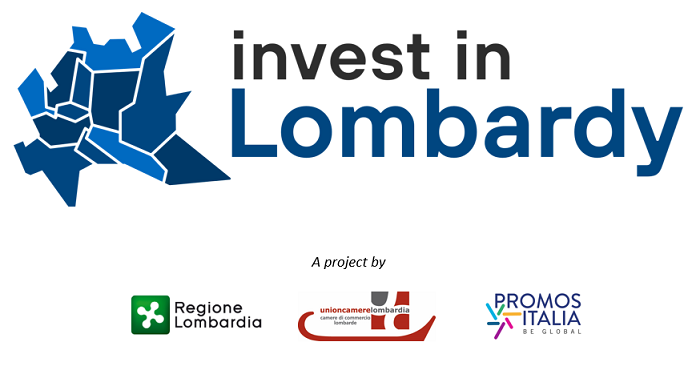Italy is a very interesting destination for entrepreneurs and wealthy individuals that want to have free access to the EU. During the past few years, non-EU individuals (especially from certain jurisdictions in Asia and from India, Iran, Russia and the Middle East) have been increasingly experiencing difficulties in obtaining entry visas and residence permits in the EU. Nonetheless, foreigners who want to invest in Italy can access a wide array of options for long-term visas.
The main ways to obtain an Italian long-term residence permit are:
- Establish an Italian limited liability company owned by the client’s local company, or an Italian branch or representative office of the local company; this would allow the company to apply for an infra-company transfer residence permit;
- Establish an Italian company that meets the requirements to qualify as an innovative startup company with the commitment to invest at least 50,000 € in the company; this would allow the investor to apply for an Italian start-up residence permit;
- Establish an Italian company and apply for the European Blue Card as a ‘highly qualified’ worker with at least a three-year university degree that certifies a specialized qualification recognized in Italy.
Furthermore, the Italian government has recently introduced a specific discipline within the current immigration law, the so-called “Investors Visa”. The new option allows the entry and residence in Italy, regardless of the entry quotas established annually by the government, to foreigners who wish to:
- invest at least € 2 million in securities issued by the Italian government, to be held for at least 2 years;
- invest at least € 1 million in equity instruments of a company incorporated and operating in Italy, to be held for at least 2 years;
- invest at least € 500.000 into an existing Italian innovative start-up company;
- make a philanthropic donation of at least € 1 million to support a public interest project, in the fields of culture, education, immigration management, scientific research, recovery of cultural and landscape assets.
Furthermore, the Italian government has recently implemented a tax package and fast-track VISA procedure to attract wealthy individuals that intend to relocate to Italy.
This package includes a € 100,000 flat tax on all foreign income for individuals who become Italian resident after at least a 9-year period of residence outside of Italy. This flat tax is paid on an annual basis for a maximum of 15 years. The tax package is integrated by a fast-track visa procedure for investors and their relatives.
Another recently implemented incentive by the Italian government pertains to highly-qualified workers from abroad whom move to Italy to carry out their activities.
The available tax benefits and the necessary requirements are:
- A reduction of the personal income tax base to the extent of 50%. This measure applies from the tax year in which the transfer of tax residence in Italy occurred and for the next four taxing periods.
- The “tax residence” requires compliance with at least one of the following conditions: (a) registration in the Italian population register; (b) centre of vital interests in Italy (family etc.); (c) physical presence on the Italian territory.
The incoming foreign workers (“lavoratori impatriati”) lose the tax benefits if the residence in Italy is not maintained for the two years following the transfer, with the consequent obligation to return the unpaid taxes together with penalties and interests.
The rewarding system applies to the following categories of subjects who transfer their fiscal residence in Italy:
- Workers (employees or self-employed – Italian citizens or foreigners) that did not reside in Italy during the previous five tax years, provided that the following conditions are met:
- commitment to stay in Italy for two years after the transfer of residence;
- commitment to carry out their business operations mainly in the Italian territory;
- the employees must have leadership roles or must be in possession of highly-qualified requirements;
- the work must be carried out in a company residing in Italy through an employment relationship.
- EU and non- EU citizens from countries with which Italy has stipulated treaties against double taxation or agreements for the exchange of information on tax matters, that:
- have graduated and have continuously carried out an employment, self-employment or a business activity abroad during the preceding 24 months;
- have carried out a study activity earning an undergraduate or postgraduate specialization.
Credits: Avv. Francesco Dagnino; Avv. Maria Teresa Vanacore
LEXIA Avvocati www.lexia.it


